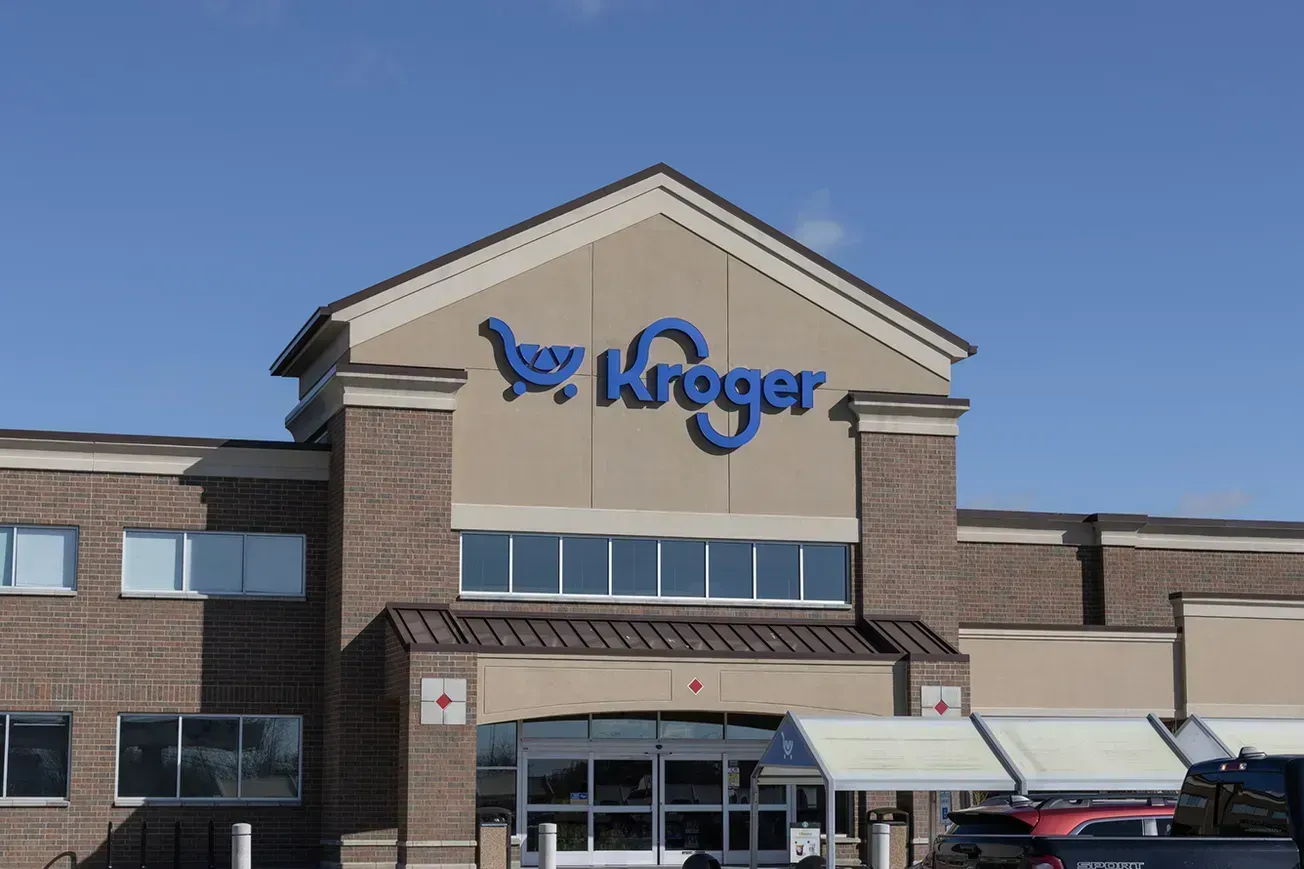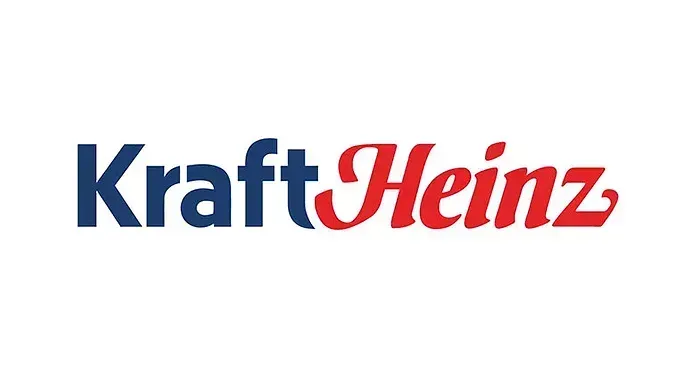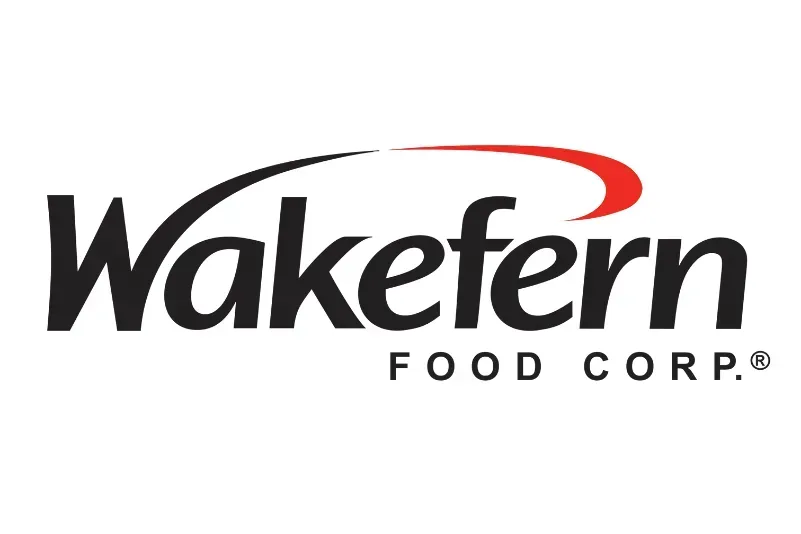Leslie Sarasin takes an expansive view of her work. As president and chief executive officer of FMI – The Food Industry Association, she has significantly broadened the organization’s reach, carving out a bigger role within FMI for grocery manufacturers and other industry stakeholders, while at the same time forging partnerships with groups that support its mission.
 “We are an organization that values collaboration,” she said. “It is just in our DNA. This is how we function. Collaboration is something that we are always eager to do.”
“We are an organization that values collaboration,” she said. “It is just in our DNA. This is how we function. Collaboration is something that we are always eager to do.”
Sarasin’s remarks came earlier this month at a briefing intended to call attention to the urgent need for Congress to pass a new farm bill. She was joined by Zippy Duvall, president of the American Farm Bureau Federation, which sponsored the event, and Claire Babineaux-Fontenot, a former Walmart executive who is now CEO of Feeding America, the country’s largest hunger relief organization.
To some observers, it might seem an unlikely alliance. But farm bills, which put policies in place that affect the food supply chain for five years at a time, cover a lot of ground. The current iteration of the legislation — the Agriculture Improvement Act of 2018 — authorized more than $428 billion in spending and included funding for everything from commodity support for farmers and crop insurance to sustainable agricultural practices.
One of the most significant aspects of the farm bill for supermarket operators is reauthorization of the Supplemental Nutrition Assistance Program, more commonly referred to as SNAP, which helps 41 million Americans purchase food.
“FMI members are on the front lines of the administration of the program every single day,” said Sarasin. “Our grocery store associates are the faces that families associate with receiving SNAP benefits when they purchase groceries. We view this as a great responsibility, one that we take very seriously, because it’s our role to make sure the program is efficiently and effectively implemented so that we can meet customers’ needs.”
She noted that, even if SNAP is renewed in a timely manner, too many people will still face challenges in obtaining nutritious food. To improve access and “advance the safest, healthiest, most economical food supply that we possibly can,” concerted action across the entire supply chain is necessary.
“Each of us could have great ideas about ways to address some of the challenges we’re facing,” Sarasin said. “But the truth of the matter is, at the end of the day, it’s nearly impossible for any link in the chain to be successful overall unless we’re all working together to try and get to the same point.”
With Sarasin’s leadership, FMI stands ready to do its part.





